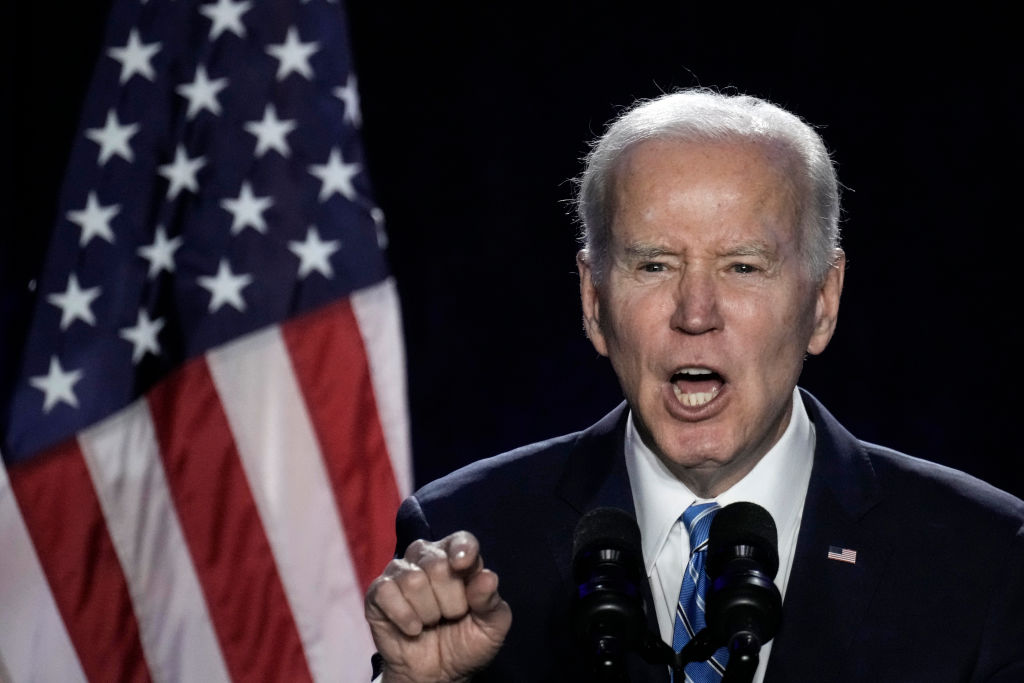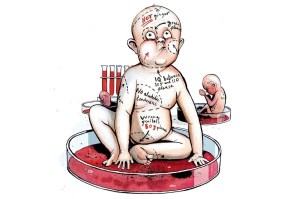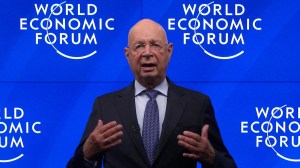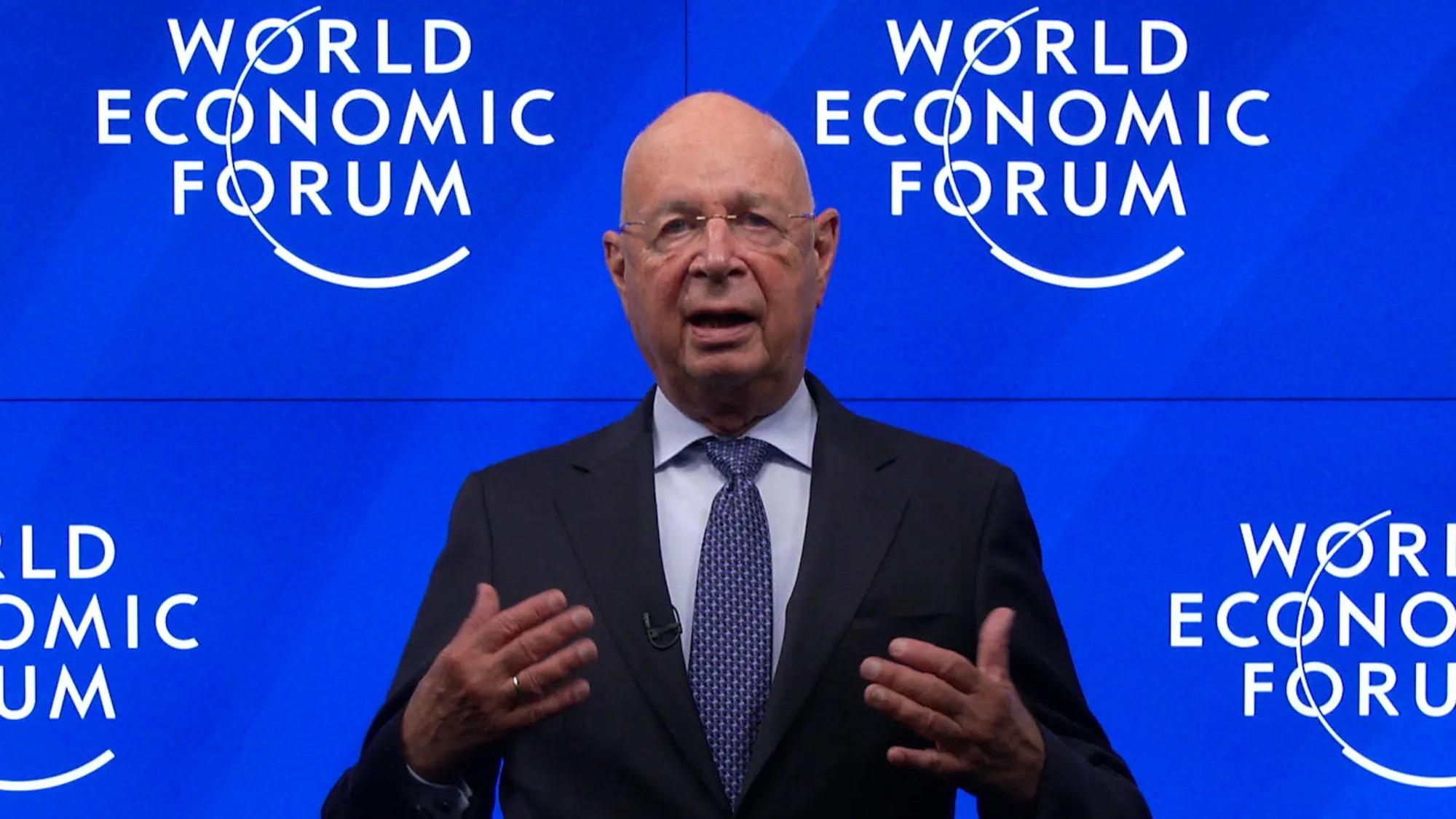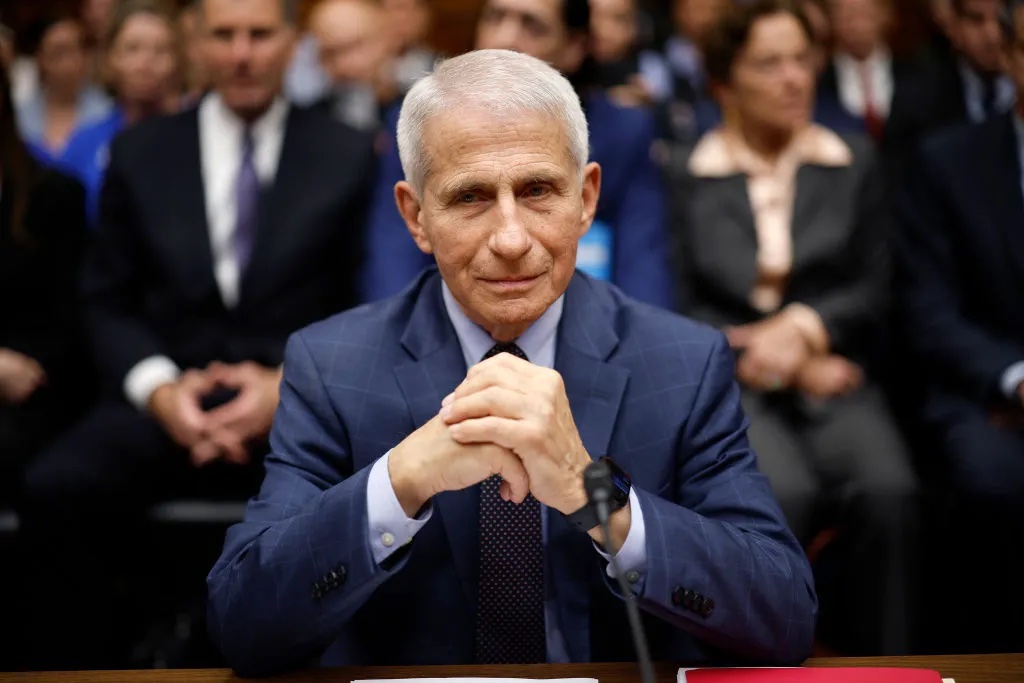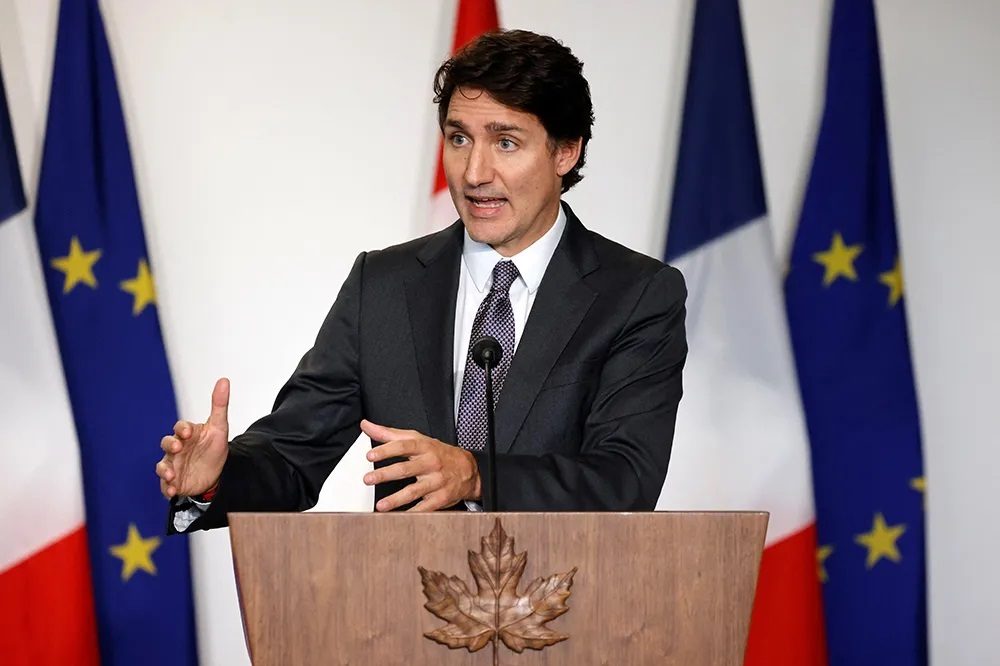The recent conclusion by the Department of Energy that Covid likely originated in a Wuhan lab is only the latest example of public officials and their media allies intentionally discrediting a legitimate news story, only for the initial reporting to be deemed correct.
The list of similar attempts to repress honest journalism is disturbingly long and goes well beyond the pandemic. It includes the attacks on questions raised about the veracity of the Steele dossier (the pretext for the first impeachment of President Trump), the discrediting of the Hunter Biden laptop as Russian disinformation, and accusations of racism directed against journalists who documented the intentional opening of the southern border.
Much has already been written about the need for the new Republican Congress to investigate efforts to manipulate the news so that the historical record can be set straight. Many would also understandably like to see those media outlets which have played such a big part in helping to suppress honest reporting finally apologize for their conduct.
Yet not enough has been said about what might be the most serious consequence of intentionally discrediting politically inconvenient news stories. Namely, that at a time when the US faces some of the most serious challenges in its history — from a debt crisis at home to a showdown with China over distant Taiwan — the DC establishment and especially the president may have lost the credibility they need to resolve these issues.
Imagine, say, a year from now, that the Federal Reserve’s efforts to control inflation prove unsuccessful and that major reductions in federal spending are required to save the dollar. Will those most impacted calmly accept that the cuts have been calculated fairly? Or might some become dangerously violent, having learned in recent years that politicians and bureaucrats will lie to benefit their own interests?
Turning to foreign policy, let’s say that defusing a Russian threat to use nuclear weapons in Ukraine requires President Biden to negotiate several secret side arrangements, just as President Kennedy had to do during the Cuban Missile Crisis. Will Americans believe their government has made the best possible deal? Or might they suspect that Biden has been compromised by his family’s influence peddling?
Or consider a possible foreign crisis closer to home. What if, as many experts predict, the increasingly unstable government in Mexico finally falls into the hands of that country’s increasingly powerful cartels? How, after years of an immigration policy that has pretended not to allow these same gangs to make billions off of human trafficking, can the Biden administration convince the American people to oppose them?
One would like to think that President Biden is aware of the danger of eroding the public trust and would work hard to correct the problem. Even the mainstream media seems to have conceded at least some of the wisdom of questioning the efficacy of masks, the need for lockdowns, the benefit of school closures, and other unnecessary Covid practices.
Yet so much of this administration’s governing strategy continues to involve staffing federal agencies with committed progressives who work behind the scenes to implement unpopular policies, like severely limiting the production of fossil fuels, with impenetrably complex and far-reaching regulations. And while such maneuvering may advance the president’s agenda in the short run, it also strengthens the larger impression among many voters that they are being manipulated to accomplish things they themselves do not believe in.
Aggravating the average person’s suspicion of government even more is the tendency of many public officials and their left-wing supporters to take an old lie that has clearly been proven false, such as the Trump collusion narrative, and continue to treat it as historical fact. “Despite unequivocal proof that Donald Trump did not conspire with Vladimir Putin to steal the 2016 election,” notes RealClearInvestigations editor J. Peder Zane, influential progressives “still suggest that he did.” It does not help that President Biden himself keeps inventing blatant falsehoods, like naming a multi-trillion-dollar spending bill the “Inflation Reduction Act.”
Much has been made of the polling showing that most Americans are unhappy with the Biden administration’s handling of the economy, immigration, and other policy issues. But far more troubling is a recent NBC survey that shows only a third of the country believes Biden himself is “honest and trustworthy.”
Voters can deal with the fact that from time to time they will have leaders whose political priorities they oppose — that’s the nature of living in a democracy.
But for people to do what is needed during a national emergency, they must believe that their government is generally truthful. Franklin Roosevelt and Ronald Reagan may have had very different policy agendas, but few doubted that both men meant what they said.
No government can be associated with as many lies or attempts to shut down would-be truth-tellers as ours has without seriously undermining its credibility. President Biden still has time to acknowledge the problem and address it, though it’s difficult to imagine he will.



